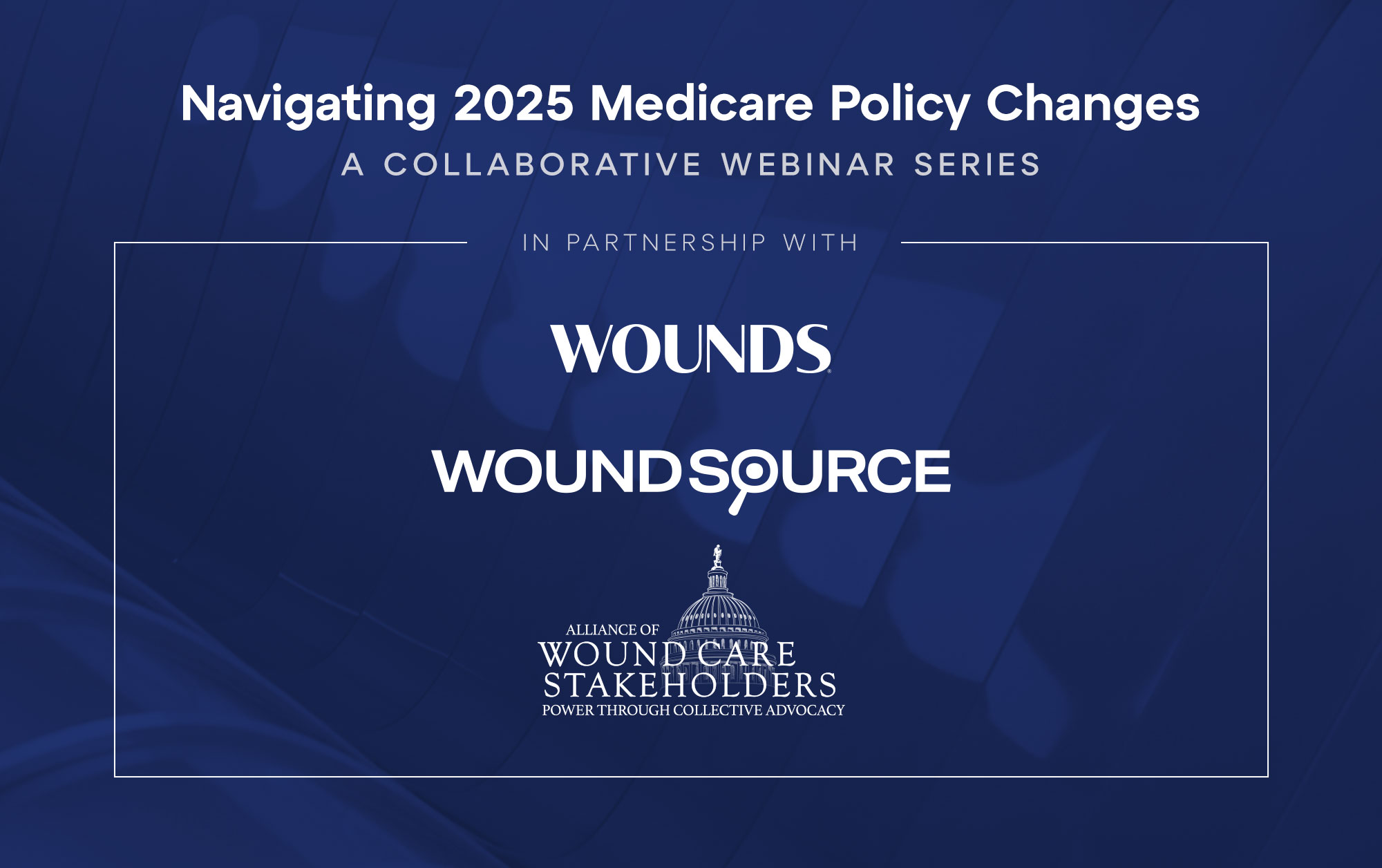The Caregiver’s Role in Pressure Injury Prevention
May 19, 2023
Editor's Note: How can clinicians help support caregivers who look after family members with pressure injuries? In this interview, Kelly McFee, DNP, FNP-C, CWS, CWCN-AP, FACCWS, DAPWCA discusses how to educate caregivers on pressure injury prevention and what resources exist for caregivers for further insight.
The Caregiver’s Role in Pressure Injury Prevention from HMP on Vimeo.
Transcript
My name is Kelly McFee. I am a nurse practitioner in wound care and a director of wound care for mosaic life care in northwest Missouri.
Can you briefly describe the role that family caregivers can provide to those they are looking after?
I think the role of patients' family and their caregivers is very important in pressure injury prevention. Patients are going to rely so heavily on their family and their caregivers, especially if they're a spinal cord injury patient, for example. It's very important that we make sure that our patients' family and their caregivers understand pressure injury prevention and then what they can do to help facilitate that in their family that they're taking care of.
What information can clinicians provide caregivers to help prevent pressure injuries for family members they are looking after?
So, I think there's a lot of information that we as clinicians can relay to our patients and their family and their caregivers in regards to pressure injury prevention. Their family and their caregivers are going to provide such a supportive role in a patient that's being taken care of at home. There's anything from just basic emotional support for that patient all the way out to understanding the full process of pressure injury prevention. Many of these patients are going to rely on their family or their caregivers to help with necessities at home such as feeding and nutrition, skin care, repositioning, and things of that nature. We do want to make sure, as clinicians, that we're sharing all this information with not only our patients but their caregivers or their family. And what resources should caregivers look for to learn more about their role?
So, there's actually a lot of good resources out there and I didn't always know this information myself. But great websites, brochures, pamphlets, things like that that we can be providing to our patients or kind of giving this to them and getting them in that direction rather. So great information provided by the Christopher Reeve Foundation for spinal cord injury patients. They have a lot of information. It's like a 20 page write up on pressure injury prevention that's useful for patients and their caregivers and family. Likewise, there's other tools out there. NPIAP provides a lot of information that they can share with patients, their family, and caregivers. There are other resources like the AHRQ toolkit that actually has a pamphlet or a brochure that you can print and provide to your patients and their caregivers as well.
About the Speaker
Kelly McFee, DNP, is a Board-Certified Family Nurse Practitioner, Certified Wound Specialist and Advanced Practice Certified Wound Care Nurse who has been practicing Wound Care and Hyperbaric Medicine in Northwest Missouri. She received a BSN from Missouri Western State University, MSN from the University of Missouri – Kansas City, and DNP from the University of South Alabama. Kelly serves as the Director of Wound Care for Mosaic Life Care and practices wound care both in the acute care and outpatient settings. She is an active member of the American Professional Wound Care Association, Association of Advancement of Wound Care, and the Wound, Ostomy and Continence Nurses Society. She serves on the Board of Directors for the American College of Clinical Wound Specialists and will be serving the college as the Chair-elect in 2022. She is also a member of the Prophylactic Dressing Standards Initiative, a joint collaboration between the NPIAP and EPUAP.
The views and opinions expressed in this content are solely those of the contributor, and do not represent the views of WoundSource, HMP Global, its affiliates, or subsidiary companies.








